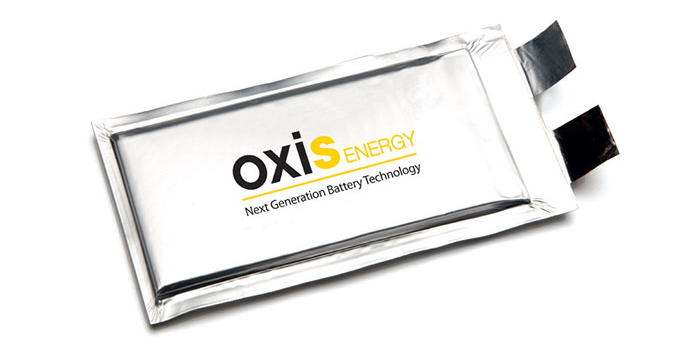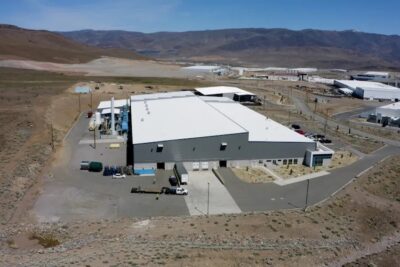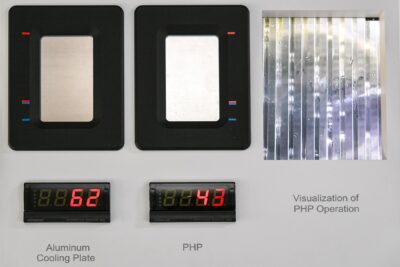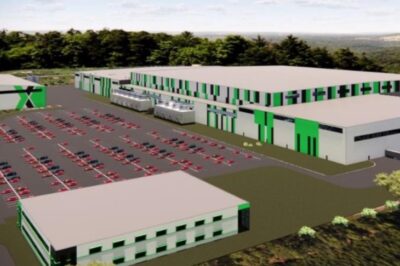Oxis Energy leases Mercedes plant in Brazil for batteries
Lithium-sulfur battery specialist Oxis Energy has more concrete plans for series production of Li-S cells in Brazil: The company has leased a production facility from Mercedes-Benz Brazil in Juiz de Fora in the Brazilian state of Minas Gerais.
Oxis Energy had already announced its intention to produce lithium-sulfur cells in Brazil for the first time in May 2018 and reaffirmed this in February 2019. In the company’s current statement, the manufacturer now speaks of a planned start of production in 2023. The first phase involves the lease of around 20,000 square meters of the Mercedes plant in Juiz de Fora to enable the manufacture of five million Li-S cells per year.
The British company says there is an option to double the plant and cell capacity at a later date. The modernisation of the plant is now taking place with Oxis Energy’s primary goal being the digitalisation of its manufacturing processes. The upgrade of the plant will cost around 50 million US dollars.
The precursors for the cathodes and electrolytes are to be produced in Port Talbot in Wales, UK. At this site, Oxis Energy has now engaged Scott Davis to manage the plant. The company says that it intends to start up the plant in Wales as early as 2021 and initially produce electrolyte and cathode material for 500,000 Li-S cells – also with the option of expanding production at a later date.
Talking about the plant in Brazil, Huw Hampson-Jones, CEO OXIS Energy said, “within five years, this factory will be a centre of excellence producing world-class Lithium Sulfur cells and battery systems. Exporting worldwide to a range of markets: Aviation, Defence, Heavy Electric Vehicles (HEVs), Light Commercial Vehicles and large Marine Vessels, our aim is to aid the Brazilian Government to eliminate all ICE ( internal combustion engine) buses over a period of 25 years, equating to the production of over 4bn cells. Brazil has the third largest bus market in the world, with 700,000 ICE buses currently in circulation.”
Oxis Energy is a crucial player in the European LISA (Lithium Sulfur for Safe Road Electrification) project, which began in early 2019, and also leads the Lithium-Sulfur Future Automotive Battery (LiSFAB) project, funded by Innovate UK, to commercialise sulfur-lithium technology for large electric vehicles.
Oxis Energy’s investors include the Safran technology group, with whom Oxis also intends to collaborate on the development of battery systems for commercial aircraft. The British company generally describes aviation as being a lucrative market. Against this background, Oxis recently agreed to cooperate with the US aircraft manufacturer Bye Aerospace.
Lithium-sulfur batteries are expected to offer higher energy densities at moderate costs. In contrast to other lithium metal batteries, Li-S cells have the advantage that they can operate at room temperature. Although a commercial breakthrough has so far failed to materialise – because until now, Li-S cells lose storage capacity after just a few charging cycles – research on lithium-sulphur cells is increasing with several success stories, including multiple charging cycles.
oxisenergy.com (Brazil), oxisenergy.com (Wales, Scott Davis)





0 Comments